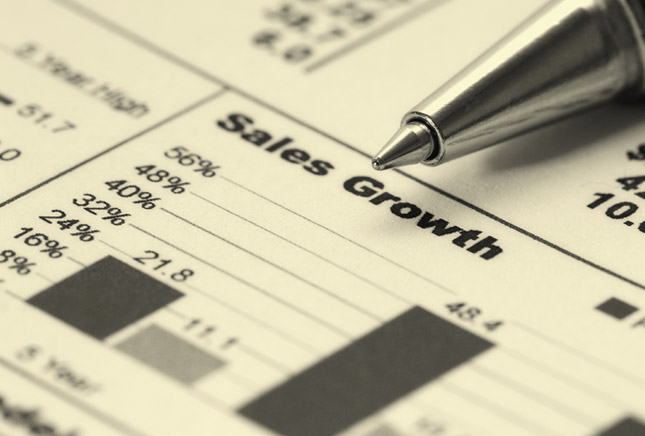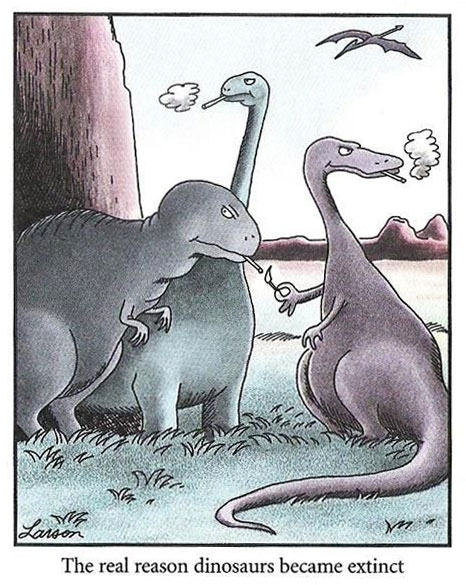
The FMCG sector has always been a relatively large contributor to the GDP in the region. Growth has been quite consistent even during the global economic crisis which spelled doom for most of the others. On a positive note, the year’s ahead look very promising from the regional forecasts put forward by leading experts.
While 2013/14 didn’t see a drastic jump in sales figures for the FMCG industry, 2015 has been a different story all together. The ripple effect of the 2020 Expo has accelerated several infrastructure, residential and commercial projects in the UAE which has resulted in creation of employment opportunities, larger number of expats relocating to the region and a substantial boost in tourism. Qatar, Kuwait & Saudi Arabia have got on the bandwagon investing heavily in several projects, making the region an interesting proposition for expats to come in from all across the globe; given the robust economy and quality infrastructure.
The FMCG sector in the GCC region is estimated to grow to USD 270 billion in the next five years and this will be driven by the food & beverage categories. The GCC population is very diverse and consists of consumers from all walks of life with a wide scale of preferences and this translates into the need for innovation from leading FMCG players to meet the consumer demand. The variety of brands on the shelf in supermarkets is expanding exponentially leaving consumers spoiled for choice albeit very competitive prices. The demand for products from the health conscious consumer is on the rise with consumers adopting a very selective approach of what goes into their shopping baskets and are happy to pay a premium price for it.
The GCC model still continues to be very distributor driven with most of the small – medium sized organizations preferring not to invest in setting up their own direct distribution operations, keeping capital expenditure under control and going with the well-established distributors in the region. This boils down to volumes/turnover and given the double digit growth, a number of the larger players have invested in large manufacturing facilities and distribution in the UAE, KSA and a growing number in Egypt being an economical option. This is coupled with a majority of the GCC countries encouraging businesses to invest in the Gulf. It’s much easier to enter the market today as compared to years back when there was a lot more restriction.
All said and done, expect there to be a lot more action in the FMCG sector. Innovation at its best, healthier products on the shelves and most importantly more employment opportunities in the Middle East.





